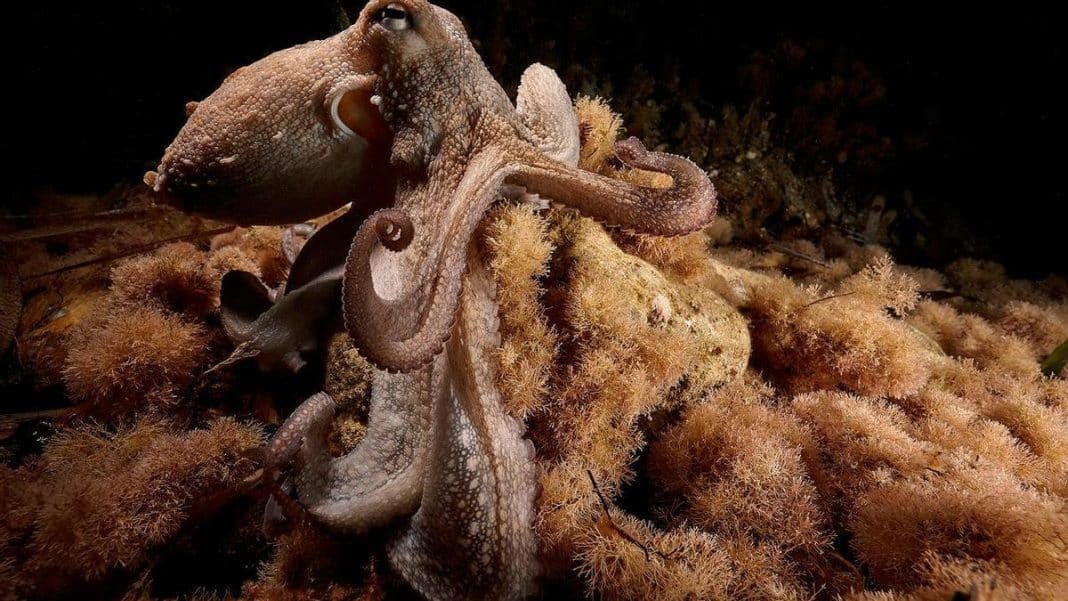“It is an unprecedented feat in cephalopods”. This is how CSIC describes the discovery of an octopus with nine tentacles in the waters of Ibiza: the animal experienced a bifurcation of one of its arms after suffering an attack and eventually managed to make it functional. The observation of the specimen, carried out by scientists from the Instituto de Investigacións Mariñas, Vigo, and the Centre Oceanogràfic de Balears, lasted five months.
This fact is a milestone, since “reveals not only the unusual regeneration of an arm divided in two, but also the differentiated and adaptive use of both regenerated arms”the authors of the study, published in the journal Animals, explain in a press release issued on Wednesday. The monitoring of the animal was carried out by means of underwater videos and in situ, a feat, since “current methods generally use ex situ or laboratory experiments to examine the behavior of the species”, they specify.
The octopus, a male Octopus vulgaris, reorganized the use of its new tentacle in a functional way after being the victim of an attack that caused it to lose several limbs. This breakthrough “suggests complex neural mechanisms that could inspire new applications in robotics, neuroscience and regenerative medicine” – such as in the construction of prostheses – abounds the research, whose uniqueness lies in documenting “how regenerated and forked arms are used in a wild environment.”
Specifically, their bifurcated tentacles were employed “in a specialized manner: one more frequently in feeding and the other in exploratory behaviors.” thus showing that these cephalopods “can adapt the use of their arms as a function of injury and recovery”: “The damaged arms were used less frequently in risky behaviors, which could point to a form of pain memory or experiential learning”.
From this novelty, new questions now open up, such as the regeneration time of the neurons and whether they are distributed in one arm and not in another, among multiple unknowns.
The research is part of the Ecosuma project and is carried out by the Ecobiomar group of the Instituto de Investigacións Mariñas (IIM-CSIC, Vigo) and the Centre Oceanogràfic de Balears (COBIEO-CSIC).
For the full article, please visit Diario de Ibiza website here.

